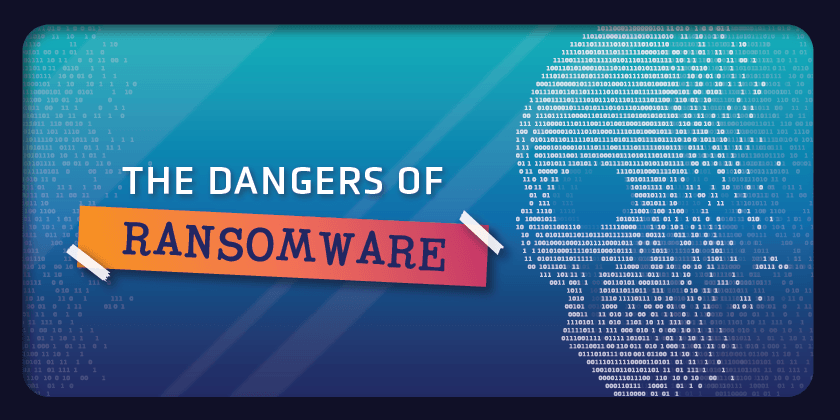Ransomware continues to be a scourge of the digital age, and there seems to be no end in sight as attackers continue to adopt new schemes. And as some experts of the security service in Corpus Christi have warned recently, it may not just be going after financial institutions that are giving rise to these attacks.
In fact, certain sectors are also starting to become targets, and the food and agriculture industry may be next. As noted in an alert sent out by the FBI, this industry has been identified as one that is particularly vulnerable to such attacks.
The bureau says that it has found evidence of attackers specifically targeting this sector with ransomware and malware, which is worrisome considering that food and agriculture production provides sustenance to people worldwide.
It means that if attackers are able to disrupt these systems, it can lead to severe health hazards for the planet.
The impact of ransomware attacks
Ransomware is a kind of malware that has been around for several years now. It works by encrypting files on an affected system and then demanding a ransom be paid for the data to be unlocked again. The recent spate of such attacks has seen victims pay hundreds of millions of dollars, with hospitals in particular falling victim to these kinds of attacks.
No one is immune from network vulnerabilities, but organizations can take steps to make themselves less of a target.
The FBI recommends that the best way for food and agriculture companies to protect themselves is to employ cybersecurity controls on all interfaces with the internet. While these might not completely prevent an attack, it means that any service disruption will only be temporary.
Another good idea is to implement data backup monitoring so that any interruptions in this
IT services process can also be detected at the earliest possible time.
Why is Food & Agriculture being targeted?
Ransomware is an easy way for criminals to get money. Conceptually, the idea behind ransomware attacks is quite simple: take something that's important and then block access to it unless you pay up. In the case of food and agriculture production, this could lead to disruptions in global trade if malicious actors shut down such systems.
Criminals think that larger businesses are easier to target. Since they have more resources, making this sector a very lucrative target. For instance, a farm services company with a fleet of thousands of specialized farm equipment. It is a natural target for a ransomware attack since those kinds of businesses have been victimized in the past.
What can be done to reduce Ransomware Attacks?
In order to protect food and agriculture companies from ransomware attacks, cyber security best practices should be applied.
- Upgrade hardware and software to the latest version.
- Always install security updates promptly after they are released.
- Run a comprehensive antivirus system that covers all aspects of cyber-security.
- Limit user rights so that only the necessary personnel have access to specific data.
- Employee anti-phishing techniques include using two-factor authentication whenever possible.
Once a food and agriculture company implements these security controls. It means that any attack will have minimal impact. For instance, if the most up-to-date antivirus is being used with all patches applied to operating systems. And applications across the network, then there's a far lower chance of ransomware infiltrating the system in the first place.
Recent attacks
In May 2021, the globe meat processing company JBS was targeted by the Sodinokibi/REvil ransomware variant. It leads to the shutdown of U.S plants with a shortage of meat supplies and a 25% spike in prices with the exfiltration of company data. A U.S farm needed to shut down in January 2021 when hackers penetrated its internal network. The shutdown leads to $9 million in losses.
The FBI stated several organizations are either directly targeted or get affected as a result of broader attacks on IT software companies. For example, such an attack on
IT consulting firm Kaseya in July 2021 led to a ransomware attack. And 1500 companies that depend on managed service providers use this Kaseya software. These companies included a chain of 800 Swedish grocery stores and a U.S based bakery.
Wrapping it up
The Food & Agriculture sector is a profitable target for criminals since larger businesses are easier to hit. Once a food and agriculture company implements
security services in Corpus Christi, any attack would have minimal impact. Two-factor authentication and up-to-date antivirus with all patches applied to operating systems. And applications across the network, data backup monitoring.
Hiring a service provider is the smartest way for many people in the food & agriculture industry to keep up with the responsibility of protecting data. However, it is clear that if criminals are not going to give up their ways, experts need to have a backup plan that works.



Comments
Post a Comment